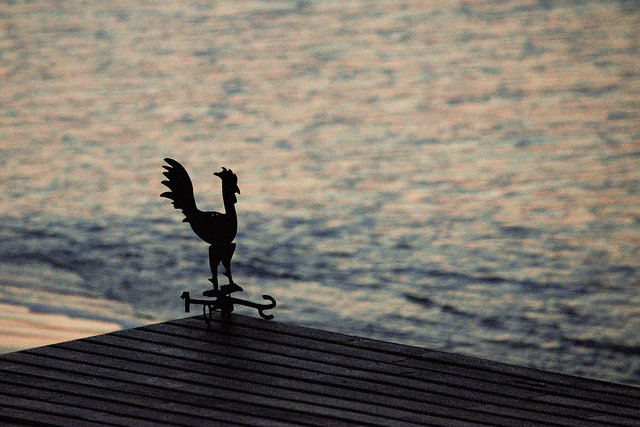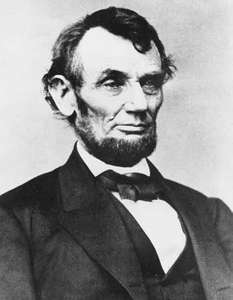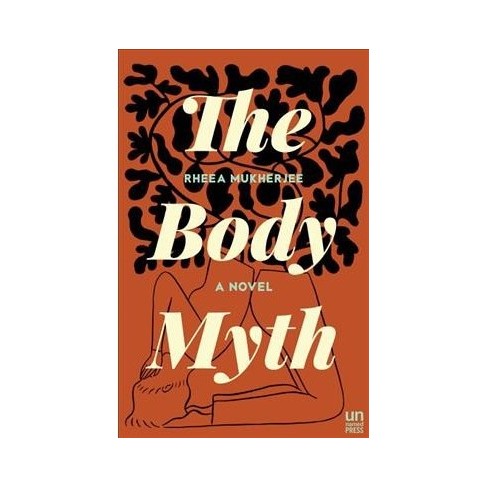-
“The Rescue of the Seven Cities of Atlantis: A Diary of the Engineer’s Wife” (part 1) by Alexander Chee
The Exile’s First Morning
The city had fled its moorings in the night, to race the clouds that had surrounded it while we slept. Now we float above the beach, the bottom will shave the dune-tops off if we continue on, and of course the subway tunnels are all in danger of filling with sand.
A boy on the beach, makes from bathing, waves at me when our eyes meet. He rises and walks, shining and wet, stays neatly ahead of our shadow. Our guide.
In the chapel below me the vicar rides his stone horse in a circle while angels somersault through the air above him,
-
“Crisis” by Gerardo Deniz (translated by Mónica de la Torre)
Evangelista Cicindelli had no dark side. In vain
they spoke to him about Teilhard de Chardin, about mysteries,
the mysteries of the sea,
of life,
unexplained by positivism. In vain
they tried to shake his stool enameled white,
they spat in the histological preparations while he was out having lunch.By the rocky edge,
the ruinous and unfinished mansion, without windowpanes
so you can face the threatening sea
and welcome the wind carrying saltpeter and saliva, excoriate
the water’s torso,
and welcome your name between the clamor of the wind, -
“The Diagnosis” by James Tate
……………Lincoln was sixty years old when the
doctor told him he only had forty more years
to live. He didn’t tell his wife, with whom
he confided everything, or any of his friends,
because this new revelation made him feel all
alone in a way he had never experienced before.
He and Rachel had been inseparable for as long
as he could remember and he thought that if she
knew the prognosis she would begin to feel alone,
too. But Rachel could see the change in him
and within a couple of days she figured out
what it meant. -
“Love Song” by Rainer Maria Rilke (Translated by David Shapiro)
How could I stop myself
from meeting you? Should I rise
up over you to some other things?
I could happily make a roof
with someone abandoned in the dark
in some dumb distant spot
that never shakes, as you are trembling now.
Yet everything that grazes you and me
ties us together like a violin bow
stroking two strings into one sound.
But on what instrument have we been bound?
And what musician has us in his hand?
Oh sweet song.*
Rainer Maria Rilke was a German-language poet and novelist,
-
“Perfectionist” by Diane Gurman
I began writing suicide notes decades ago in my twenties because I’m not the type of person who likes waiting until the last minute. At the time, I was alternating between sadness, depression, and suicidal ideation, still not committed to ending it all, but wanting to be prepared when that inevitable moment arrived. The thought of a positive turnaround never crossed my mind. I certainly couldn’t imagine bubbling over with happiness or lust for life. That was not my style. Nor did it occur to me to follow in the footsteps of that selfish or illiterate cadre of losers who depart without explanation.
-
“The Fragility of Health and Friendship in Rheea Mukherjee’s The Body Myth” by Emily Behnke
Mira, a widowed teacher living alone in a bustling modern city in India, witnesses a beautiful woman having a seizure in a park and rushes to help. Soon after, she develops an intense and volatile friendship with the woman, Sara, who suffers from a variety of symptoms and ailments with no conclusive diagnosis, and her husband Rahil, who acts as her primary caretaker. As the trio endures the ebb and flow of Sara’s physical and mental health, Mira’s own emotional stability wobbles, ultimately causing each friend to evaluate Mira’s role within Sara and Rahil’s marriage.
Rheea Mukherjee writes with fluidity and lyricism,



